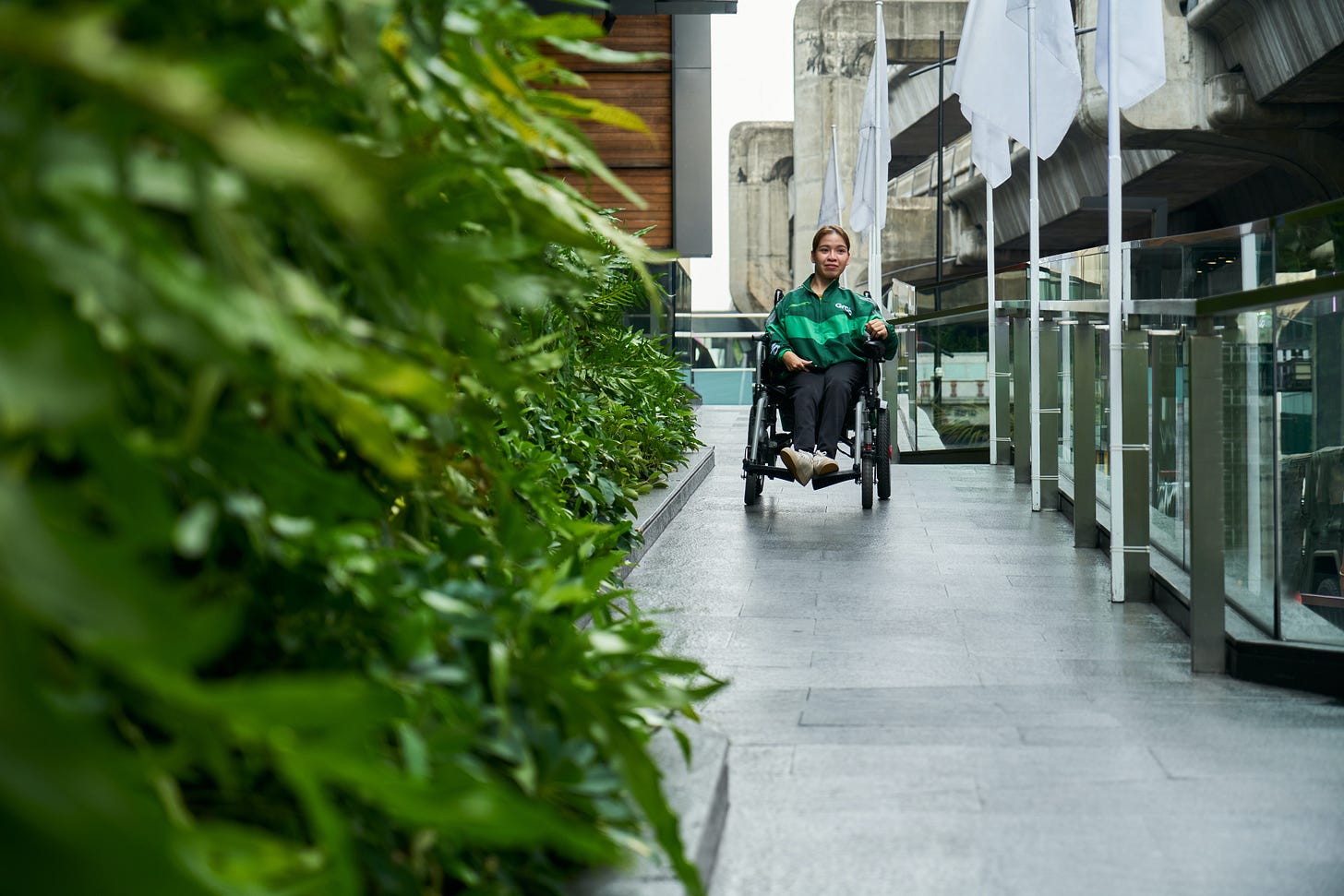The Moral Imperative of Authentic Inclusion: A Journey Informed by Jewish Values
By Michelle Friedman and Jennifer Phillips
In a world where the term "inclusion" is often thrown around as a buzzword, it is essential to pause and reflect on the true essence of inclusion. The words "inclusion" and "diversity" have become part of our everyday discourse, but their meaning and significance are often diluted or misunderstood. Authentic inclusion is not merely a marketing strategy, a checkbox exercise, or a means to gain access to funding. It is a profound moral and societal imperative that enriches the lives of all individuals, irrespective of their abilities. This perspective finds a natural home within the context of Jewish values and communities.
One of the central tenets of Jewish ethics is Tikkun Olam, which translates to "repairing the world." This concept emphasizes that each individual has a responsibility to work towards a more just and equitable world. In the context of inclusion, the duty of repairing the world is demonstrated by dismantling both physical and attitudinal barriers that prevent individuals with disabilities from participating fully in society. The pursuit of authentic inclusion aligns beautifully with the notion of Tikkun Olam, as it seeks to create a more inclusive and equitable world.
Ve’ahavta l’reacha kamocha, love thy neighbor as thyself, is a core principle in Jewish values. Authentic inclusion is deeply rooted in this principle, as it demands treating every person with respect and recognizing their inherent humanity. Regardless of one's abilities or disabilities, Jewish values emphasize the importance of respecting and upholding the worth of every individual.
Tzedek, Tzedek tirdof/Justice, justice shall you pursue is a commitment to equity. Social justice is another fundamental element of Jewish ethics. Pursuing authentic inclusion reflects a commitment to social justice by addressing the inequities and biases that hinder the full participation of individuals with disabilities in all aspects of society. The act of fostering an inclusive environment is a tangible expression of the pursuit of social justice, striving to create a fair and equitable world for all.
Community is a central theme in Jewish tradition, Henai Matovu manayim shevet achim gam yachad means “Behold how good and how pleasant it is for brethren to dwell together in unity.” Authentic inclusion enhances the sense of belonging for all members of the community. Inclusion goes beyond mere representation; it creates a profound sense of connection and belonging, mirroring the Jewish value of building strong and inclusive communities.
Jewish values encourage the recognition and appreciation of diversity. Embracing inclusion is in alignment with the Jewish tradition of valuing diversity and understanding that engaging with people from different backgrounds and abilities enriches our society in myriad ways.
Judaism encourages questioning and gaining a deeper understanding of complex issues, which is crucial for fostering an inclusive environment. Educating ourselves about different disabilities, and the challenges as well as the value of people with disabilities is in alignment with our Jewish sensibilities.
Inclusion is not a one-size-fits-all solution; it's about customization and flexibility. This concept aligns with the Jewish value of hiddur mitzvah, or beautifying a commandment. Just as performing a mitzvah should be done in the most beautiful and meaningful way possible, so should the pursuit of inclusion. Actively seeking input and collaborating with individuals with disabilities ensures that solutions are tailored to their specific needs, rather than merely ticking boxes on a checklist.
Authentic inclusion, when rooted in Jewish values and principles, becomes a profound moral imperative. It is not a buzzword but a commitment to social justice, respect, community, diversity, education, and customization, all of which are central to Jewish ethics. By embracing authentic inclusion, we honor these values and work towards creating a more just and equitable world for everyone, regardless of their abilities. In doing so, we engage in the sacred duty of Tikkun Olam, repairing the world one inclusive step at a time.
Michelle Friedman is the board chair of Keshet in Chicago, a member of Disability Lead and has been a disability advocate for 40 years. She has written two children’s books and is the author of her blog is a frequent speaker for elementary and high school age students.
Jennifer Phillips is an experienced special educator who has dedicated her career to building inclusive communities. Jennifer began at Keshet in 1994 as a one-to-one summer camp counselor, which inspired her to become a special education teacher. Since then, she has risen from being a teacher in Keshet’s High School to the Director of Recreation and then as the organization’s first Chief Program Officer. She currently serves as Keshet’s President and CEO.




